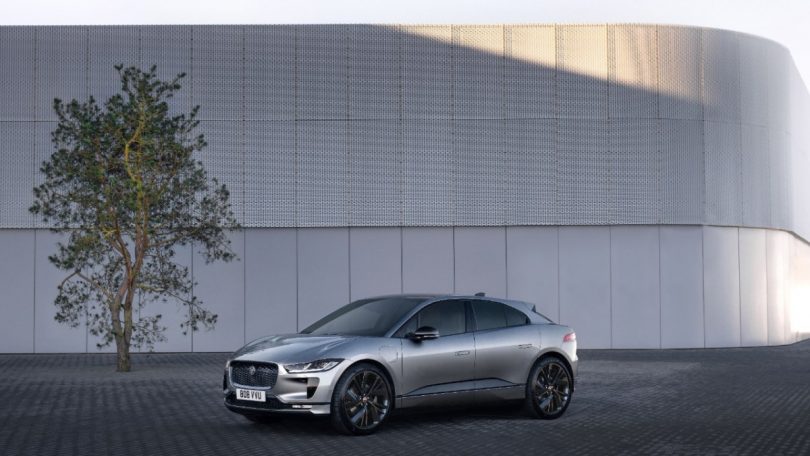British automotive manufacturer Jaguar Land Rover recently announced that it has committed itself to reducing greenhouse gas emissions. Furthermore, it stated that it intends to reduce emissions by 46% across its operations by the year 2030. To achieve this, JLR intends to cut average emissions across its value chains by 54%, including 60% throughout the use phase. Overall, the Science-Based Targets initiative (SBTi) approved JLR’s goal to achieve a 1.5 C reduction in emissions.
Other Methods of achieving sustainability targets
Along with conforming to the Paris Agreement’s ideology of reducing emissions, the automaker will also act on its second-decade ambition. This involves achieving net-zero emissions across its supply chain, product, and operations by 2039, as part of its Reimagine strategy. To achieve this, the company will decarbonise across design and materials, manufacturing operations, supply chain, electrification, circular economy processes, and end-of-life treatment. Therefore, JLR has appointed Rossella Cardone as its new Sustainability Director to spearhead the mission and further drive its transformation.
On March 23rd, 2022, it announced the development of its in-house Panthera platform with a specific target to develop future EVs. Under its Reimagine strategy, the brand aims to introduce the platform by 2025, with which it will create unique vehicles. Not only will Jaguar take another step towards achieving its sustainability targets but also form its own unique identity. Therefore, the automaker will continue to develop and work on producing more EVs to join its I-Pace all-electric crossover.
Other News
A few weeks ago, Jaguar announced its partnership with engineering team Pramac to develop the zero-emission energy storage unit. Named the Off-Grid Battery Energy Storage System (ESS), it uses the power from the I-Pace’s second-life batteries for proper functioning. Featuring Pramac’s technology, the ESS uses lithium-ion cells from one-and-a-half, second-life batteries to supply zero-emission power to areas with limited main supply.
Moreover, Jaguar Land Rover also partnered with NVIDIA to jointly develop and deliver automated driving systems with AI-enabled services. This will also follow the brand’s Reimagine Strategy to provide customers with a modern yet luxurious experience starting from 2025. Overall, JLR will continue to work towards offering the next generation of safe yet unique, brand-focused digital services for customers.
Also Read: New Tata EV to debut on 6th April 2022



